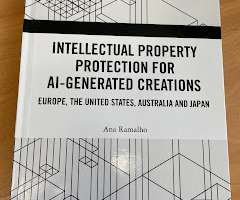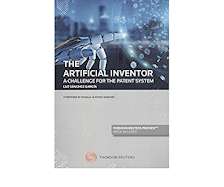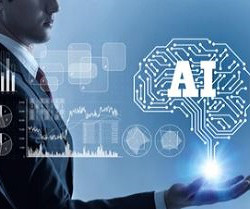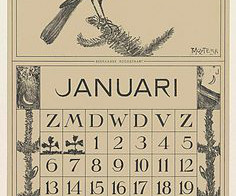Book review: Intellectual Property Protection for AI-Generated Creations
The IPKat
NOVEMBER 4, 2022
The patent chapter addresses patentability subject matter, inventive step or non-obviousness, enablement or sufficient disclosure, inventorship, and other forms of protection such as utility model. She also highlights areas in need of further investigation, such as ownership and moral rights.











Let's personalize your content